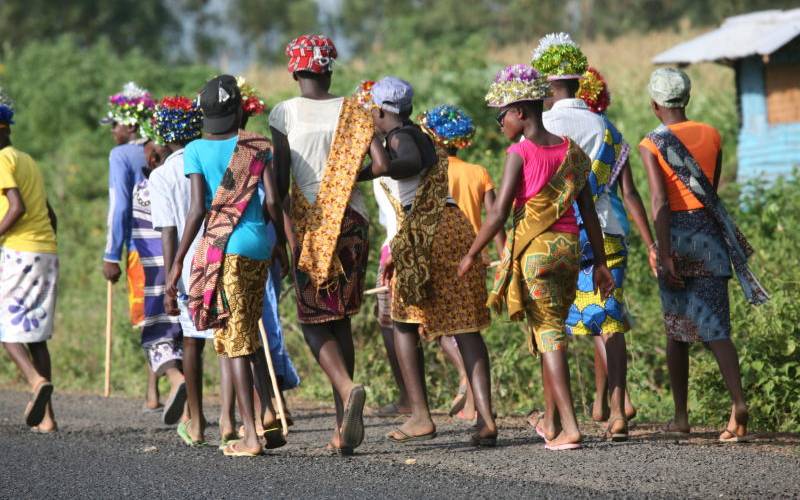×
The Standard e-Paper
Smart Minds Choose Us

A cross-country initiative has been launched to stop movement of girls from Kenya to Tanzania so as to undergo the female cut during the Easter holiday.
Human rights activists from the two countries affirmed their resolve to work with authorities to stop cross-border female genital mutilation (FGM).